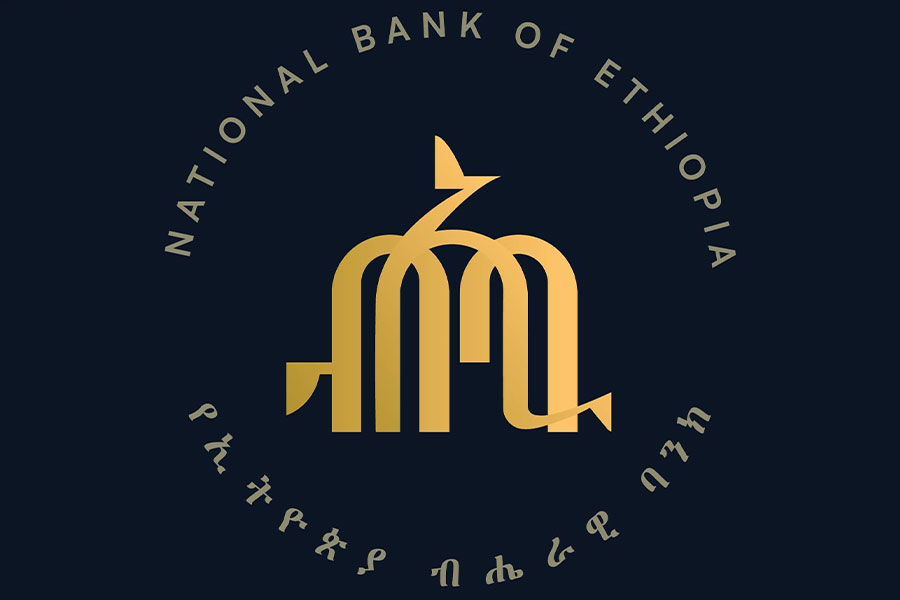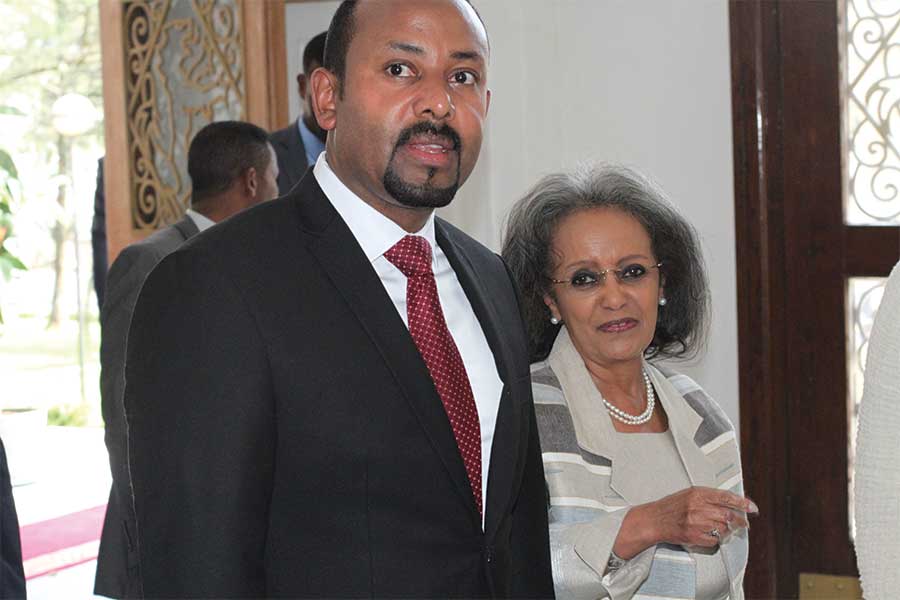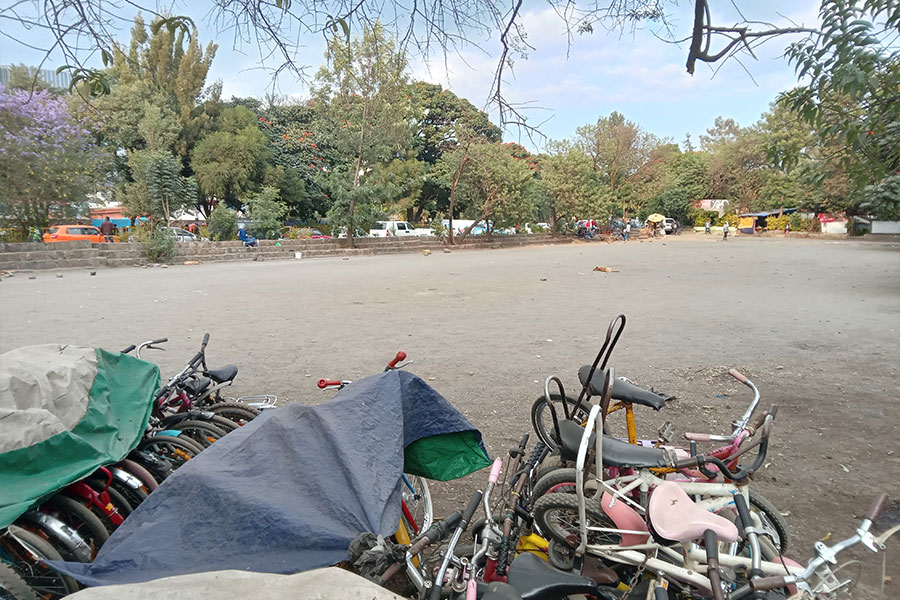
Jul 31 , 2021
By Yehualashet Tamiru
The Convention on Contracts for the International Sale of Goods, which was recently ratified by parliament, will bolster legal clarity. It is especially critical as the existing legal framework in Ethiopia is not adequate enough to be used for complex transactions, writes Yehualashet Tamiru Tegegn (yehuala5779@gmail.com), adjunct lecturer at Addis Abeba University and an associate at MTA.
In a bid to open up the economy, the government is taking various steps. One of these is Ethiopia’s ratification of the Convention on Contracts for the International Sale of Goods. The Ministry of Trade & Industry is mandated to follow up its implementation. This is a little understood and rarely brought up issue that nonetheless has several impacts upon the economy.
The Convention arises out of the existence of various disparities among legal systems, making international commercial contracts intricate and uncertain. The Convention is intended to serve as a global statutory code for sales of goods when the parties are located in different countries.
The treaty originally entered into force in 1988 after securing the minimum ratification numbers, despite initially being signed in 1980 after painstaking negotiation proceedings involving representatives from 62 countries. Since it entered into force, 95 out of 193 United Nations members have ratified the Convention. This implies that the average accession into the treaty every year is close to three. This is a high rate, given how such dealings between countries move at a snail’s pace. The accession rate is only second place to the New York Convention on the Recognition and Enforcement of Foreign Arbitral Awards, which Ethiopia also became a member state to recently.
Under the Sales of Goods Convention, Ethiopia has made a reservation regarding its applicability, restricting its binding enforcement only to states that are members. In assessing the applicability of the Convention, neither the nationality of the parties nor the civil or commercial character of the parties or of the contract is to be taken into consideration.
The critical criteria in determining the applicability of the treaty are the place of business, which is a permanent and regular place for the transaction of general business, not including a temporary place of sojourn during ad hoc negotiations. When a party has more than one place of business, the applicable place has to be closest relationship to the contract and its performance. The habitual residence, where the business is usually located, shall be referred when the party does not have an established place for reference.
The Convention applies to contracts for sales and supply of goods. But it is not applicable for contracts in connection to goods bought for personal, family or household use, sale by auction or otherwise by authority of law, negotiable instruments or money and sale of ships, vessels, hovercraft, aircraft and electricity.
A contract of sale need not be concluded in or evidenced by writing. It may be proved by any means, including witnesses. However, Ethiopia made a reservation in the ratification proclamation that a contract made other than in writing shall be of no effect.
Under the Convention, the seller has three main obligations: deliver the goods, hand over any documents relating to goods and transfer the property in the goods. If the seller fails to perform any of his obligations under the contract or this Convention, the buyer may require specific performance (relief or forced performance), substituted performance, compensation for damage, cancellation of the contract (avoidance of contract) and re-institution to their original position and interest.
The buyer also has a corollary obligation for payment of the price for the goods and takes delivery of the items. This obligation includes taking such steps and complying with such formalities as required under the contract or any laws and regulations to enable payment to be made.
The Convention provides an opt-out clause for the contracting parties, which they can trigger by simply agreeing between themselves that it will not apply. On top of this, the contracting parties can exclude the applicability of the Convention in two ways: by incorporating a choice-of-law clause, where the dispute arising under the contract shall be determined following the law of a particular jurisdiction, or implicitly by choice of forum.
As the existing legal framework in Ethiopia is not adequate enough to be used for complex transactions, the ratification of the Convention will benefit the business community by reducing the transaction costs and minimising the non-trade barriers. The ratification of the Convention together with the accession to the New York Convention on Arbitral Awards, the revision of the Commercial Code and the enactment of the new arbitration proclamation, will boost the confidence of foreign investors. It will also bolster legal certainty and will impact the domestic market which seek opportunities outside Ethiopia.
PUBLISHED ON
Jul 31,2021 [ VOL
22 , NO
1109]

Viewpoints | Nov 27,2018

Fortune News | Feb 27,2020

Fortune News | Oct 12,2019

Fortune News | Jun 11,2022

Radar | Nov 21,2020

Fortune News | Jul 09,2022

Commentaries | Oct 26,2024

Commentaries | Jul 01,2023

Fortune News | Feb 05,2022

Radar | Dec 12,2023

Photo Gallery | 180846 Views | May 06,2019

Photo Gallery | 171040 Views | Apr 26,2019

Photo Gallery | 162160 Views | Oct 06,2021

My Opinion | 137334 Views | Aug 14,2021

Dec 22 , 2024 . By TIZITA SHEWAFERAW
Charged with transforming colossal state-owned enterprises into modern and competitiv...

Aug 18 , 2024 . By AKSAH ITALO
Although predictable Yonas Zerihun's job in the ride-hailing service is not immune to...

Jul 28 , 2024 . By TIZITA SHEWAFERAW
Unhabitual, perhaps too many, Samuel Gebreyohannes, 38, used to occasionally enjoy a couple of beers at breakfast. However, he recently swit...

Jul 13 , 2024 . By AKSAH ITALO
Investors who rely on tractors, trucks, and field vehicles for commuting, transporting commodities, and f...

Nov 1 , 2025
The National Bank of Ethiopia (NBE) issued a statement two weeks ago that appeared to...

Oct 25 , 2025
The regulatory machinery is on overdrive. In only two years, no fewer than 35 new pro...

Oct 18 , 2025
The political establishment, notably the ruling party and its top brass, has become p...

Oct 11 , 2025
Ladislas Farago, a roving Associated Press (AP) correspondent, arrived in Ethiopia in...

Nov 2 , 2025
The National Bank of Ethiopia (NBE) has scrapped the credit-growth ceiling that had s...

Nov 2 , 2025 . By SURAFEL MULUGETA
The burgeoning data mining industry is struggling with mounting concerns following th...

Nov 2 , 2025 . By YITBAREK GETACHEW
Berhan Bank has chosen a different route in its pursuit of a new headquarters, opting for a transitional building instea...

Nov 2 , 2025 . By BEZAWIT HULUAGER
Nib International Bank S.C. has found itself at the epicentre of a severe governance...